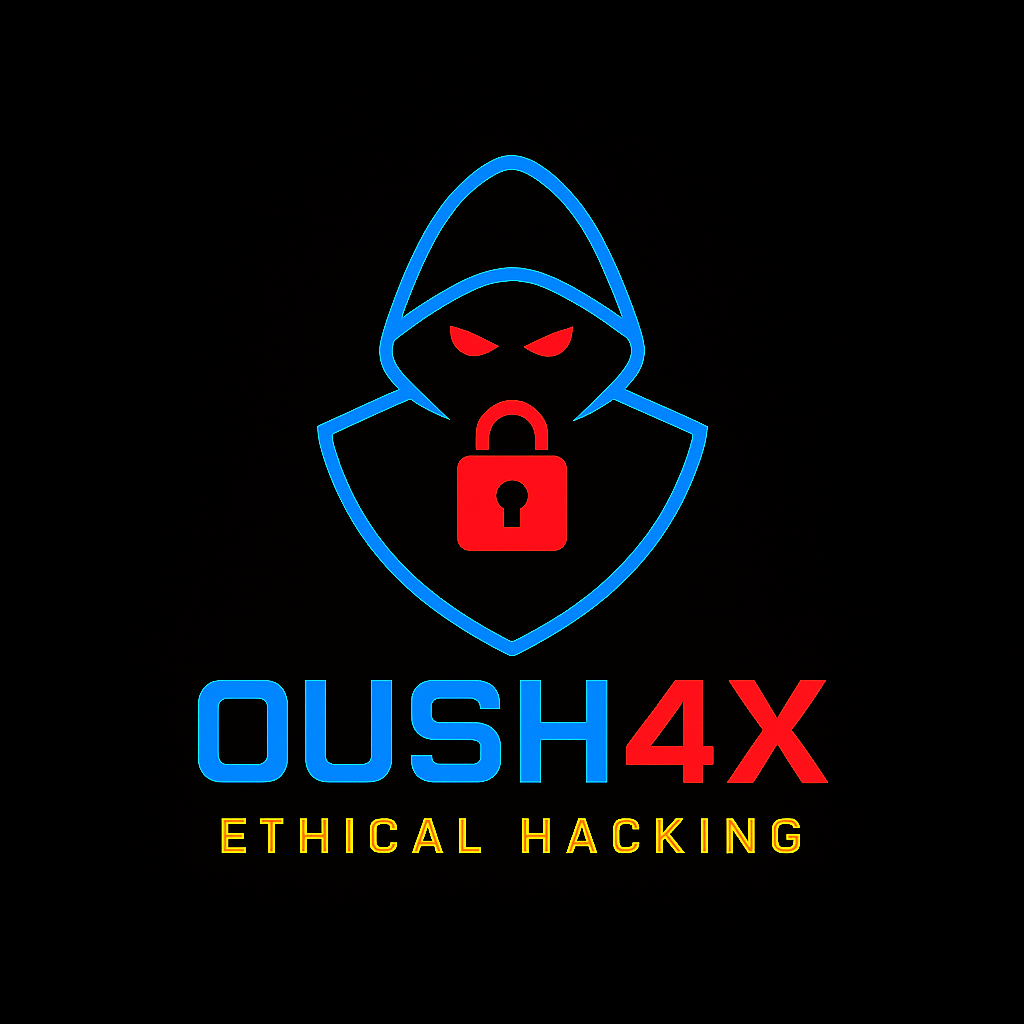Breaking Down the Myths of Ethical Hacking: What You Need to Know
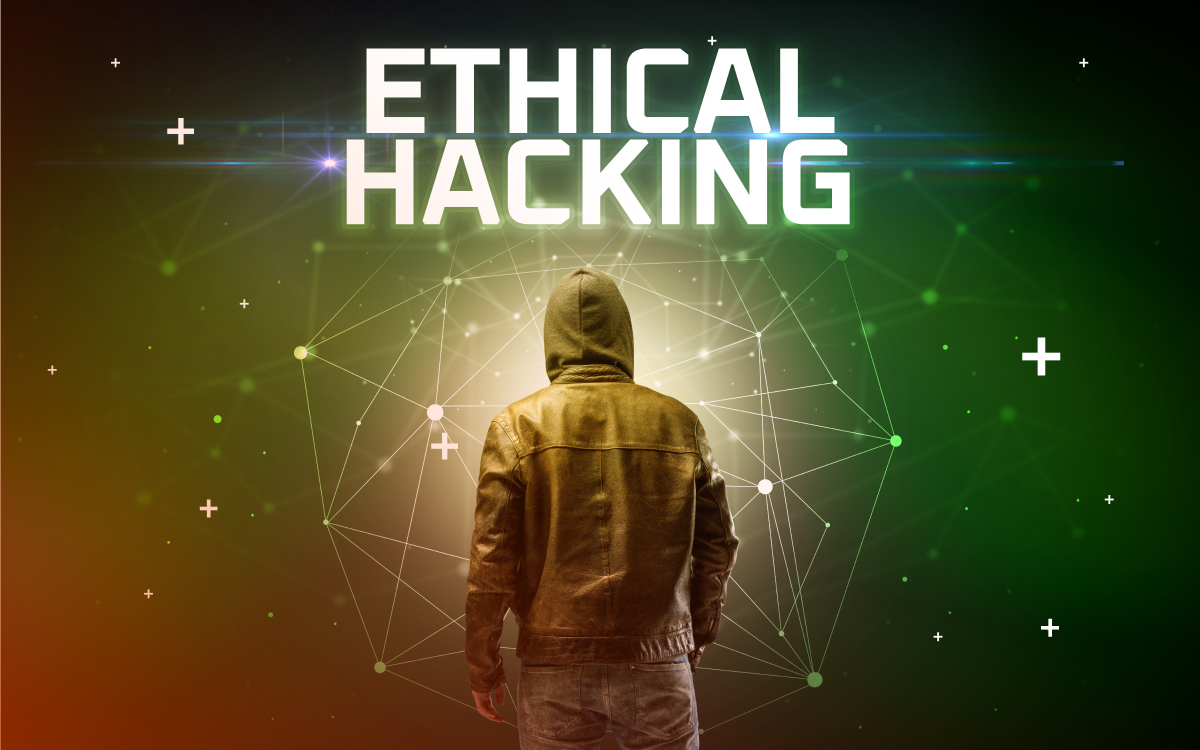
Ethical hacking, often misunderstood and misrepresented, stands as a crucial pillar in the realm of cybersecurity. In an era rife with cyber threats and vulnerabilities, ethical hackers play a pivotal role in fortifying digital defenses and safeguarding sensitive information. However, despite their noble intentions and valuable contributions, ethical hackers are often shrouded in misconceptions and myths.
In this article, we embark on a journey to unravel the myths surrounding ethical hacking, shedding light on the reality behind these prevalent misconceptions. By delving into the core of each myth, we aim to provide clarity and dispel the fog of misunderstanding that surrounds this vital field.
Join us as we challenge common assumptions and explore the truths that underpin the world of ethical hacking. Through thoughtful analysis and real-world examples, we endeavor to showcase the indispensable role of ethical hackers in enhancing cybersecurity and fostering a safer digital landscape for all.
Myth #1: Ethical Hackers Are Criminals
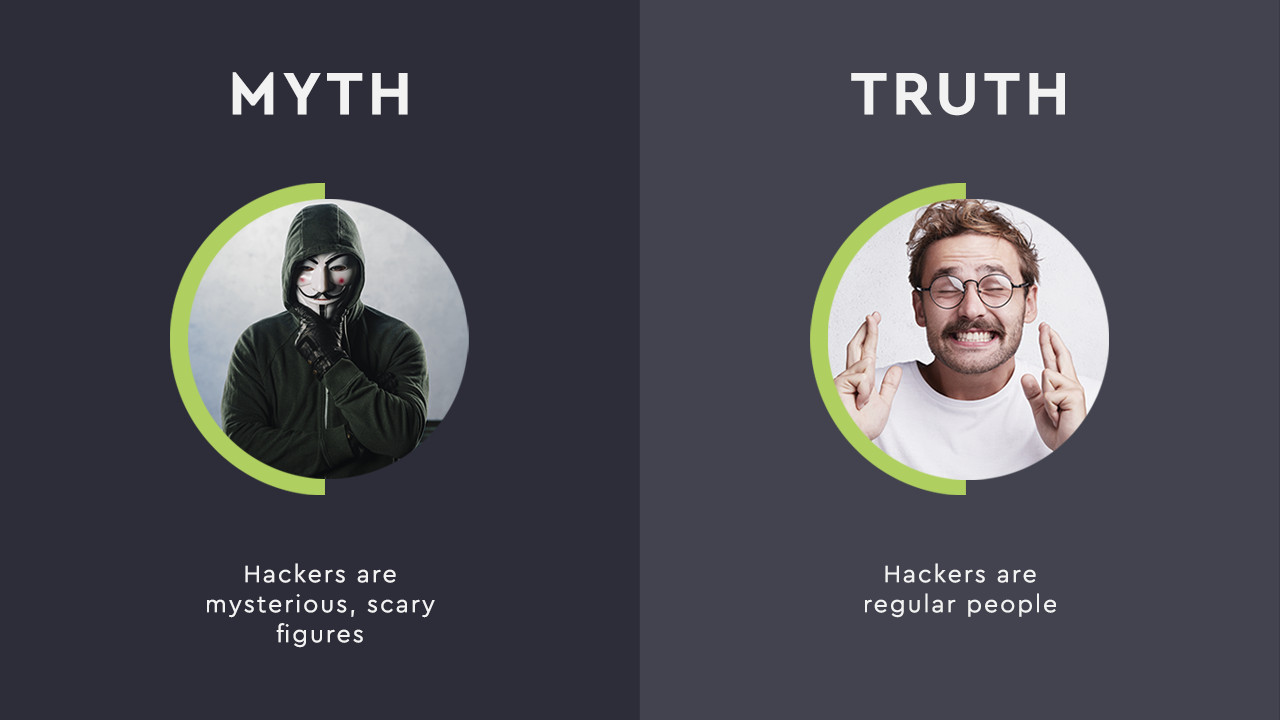
One of the most pervasive myths surrounding ethical hacking is the notion that ethical hackers are akin to cybercriminals, engaging in illegal activities under the guise of security testing. This misconception stems from a fundamental misunderstanding of the ethical hacker's role and objectives.
In reality, ethical hackers, also known as white-hat hackers, operate with the explicit goal of identifying and remedying security vulnerabilities within systems, networks, and applications. Their actions are sanctioned and conducted within legal and ethical boundaries, often with the explicit consent of the target organization.
Ethical hackers adhere to strict codes of conduct and legal frameworks, ensuring that their activities are conducted in a responsible and transparent manner. Rather than exploiting vulnerabilities for personal gain or malicious intent, ethical hackers leverage their expertise to strengthen cybersecurity defenses and protect against potential threats.
Moreover, ethical hackers play a vital role in cybersecurity education and awareness, advocating for best practices and proactive security measures within organizations. Their contributions extend far beyond mere technical prowess, encompassing a deep commitment to upholding ethical standards and promoting a safer digital environment for all.
By debunking the myth that ethical hackers are criminals, we acknowledge the invaluable contributions of these cybersecurity professionals and recognize their indispensable role in safeguarding digital infrastructure and combating cyber threats. It is imperative that we dispel misconceptions and misconceptions surrounding ethical hacking, allowing for a more nuanced understanding of its significance in today's interconnected world.
Myth #2: Ethical Hacking Is Illegal
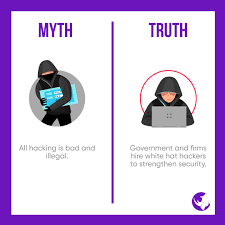
Another common misconception surrounding ethical hacking is the belief that it constitutes illegal activity. This myth arises from a misunderstanding of the nature of ethical hacking and the legal frameworks that govern it.
Contrary to popular belief, ethical hacking is not inherently illegal. Instead, it operates within a well-defined legal framework that provides guidelines and boundaries for ethical hackers to conduct their activities. These guidelines often include obtaining explicit authorization from the target organization before performing any security testing or penetration testing.
Ethical hackers adhere to strict ethical codes of conduct and professional standards, ensuring that their actions are conducted in a responsible and lawful manner. They work closely with organizations to identify vulnerabilities and weaknesses in their systems, helping to strengthen cybersecurity defenses and protect against potential threats.
Furthermore, many countries have laws and regulations in place that explicitly recognize and endorse the practice of ethical hacking. These laws often include provisions that shield ethical hackers from legal liability when conducting authorized security testing on behalf of organizations.
By dispelling the myth that ethical hacking is illegal, we can foster a greater understanding of the important role that ethical hackers play in enhancing cybersecurity and protecting against cyber threats. It is essential to recognize the legitimacy of ethical hacking and the positive impact it can have on digital security.
Myth #3: Ethical Hackers Don't Need Authorization

A prevalent myth surrounding ethical hacking is the misconception that ethical hackers can conduct security testing without obtaining authorization from the target organization. This myth undermines the importance of consent and cooperation in ethical hacking practices.
In reality, ethical hackers must always obtain explicit authorization before conducting any form of security testing or penetration testing. This authorization ensures that the ethical hacker's actions are conducted within legal and ethical boundaries and with the full knowledge and consent of the organization whose systems are being tested.
Unauthorized hacking, even with the intention of improving security, can lead to legal repercussions and ethical dilemmas. Without proper authorization, ethical hackers risk violating laws and regulations related to unauthorized access to computer systems and networks.
Obtaining authorization is not only a legal requirement but also an ethical imperative. It demonstrates respect for the autonomy and security concerns of the target organization and fosters a collaborative approach to cybersecurity.
By debunking the myth that ethical hackers don't need authorization, we emphasize the importance of ethical conduct and responsible behavior in the field of cybersecurity. Ethical hacking thrives on trust, transparency, and cooperation between ethical hackers and organizations, and obtaining authorization is a fundamental aspect of this relationship.
Myth #4: Ethical Hacking Is Easy and Quick
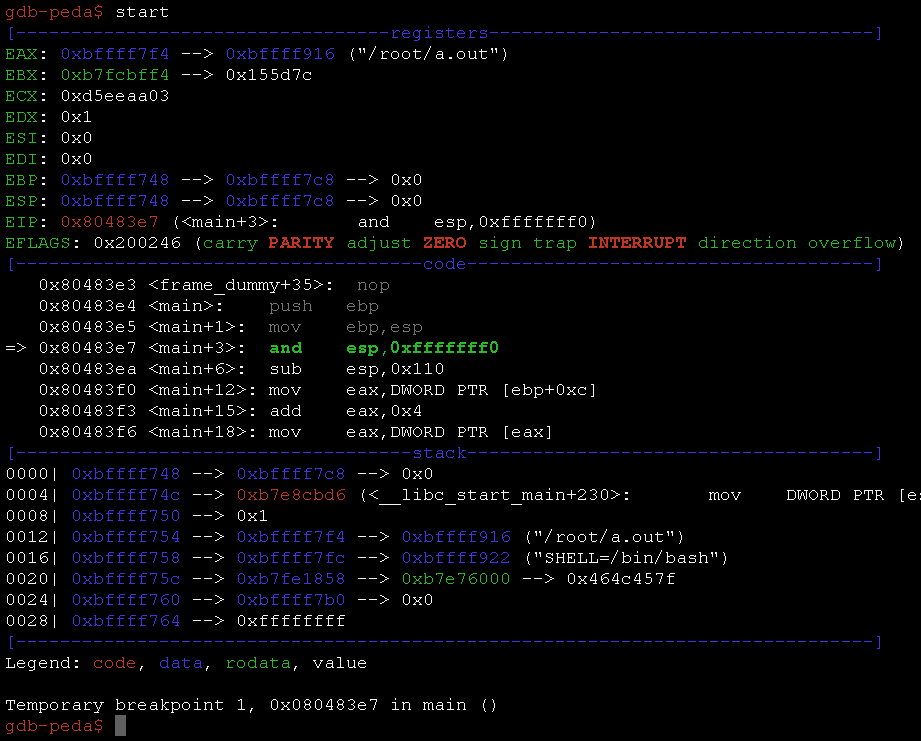
There's a prevalent misconception that ethical hacking is a simple and rapid process, requiring little effort or expertise. This myth undermines the skill, dedication, and rigor required to excel in the field of ethical hacking.
In reality, ethical hacking is a complex and multifaceted discipline that demands a deep understanding of computer systems, networks, and security vulnerabilities. Ethical hackers undergo extensive training and certification to develop the technical skills and knowledge necessary to identify and exploit security flaws effectively.
Furthermore, ethical hacking often involves a meticulous and time-consuming process of reconnaissance, analysis, and testing. Ethical hackers must employ a variety of techniques and tools to probe for vulnerabilities and assess the security posture of target systems comprehensively.
Moreover, ethical hacking is an ongoing endeavor that requires continuous learning and adaptation to keep pace with evolving threats and technologies. Ethical hackers must stay abreast of the latest cybersecurity trends, techniques, and vulnerabilities to remain effective in their roles.
By dispelling the myth that ethical hacking is easy and quick, we recognize the dedication and expertise of ethical hackers and highlight the rigorous nature of their work. Ethical hacking demands a high level of skill, patience, and perseverance, and it is essential to appreciate the complexity and challenges inherent in this vital field of cybersecurity.
Myth #5: Ethical Hackers Don't Contribute to Society
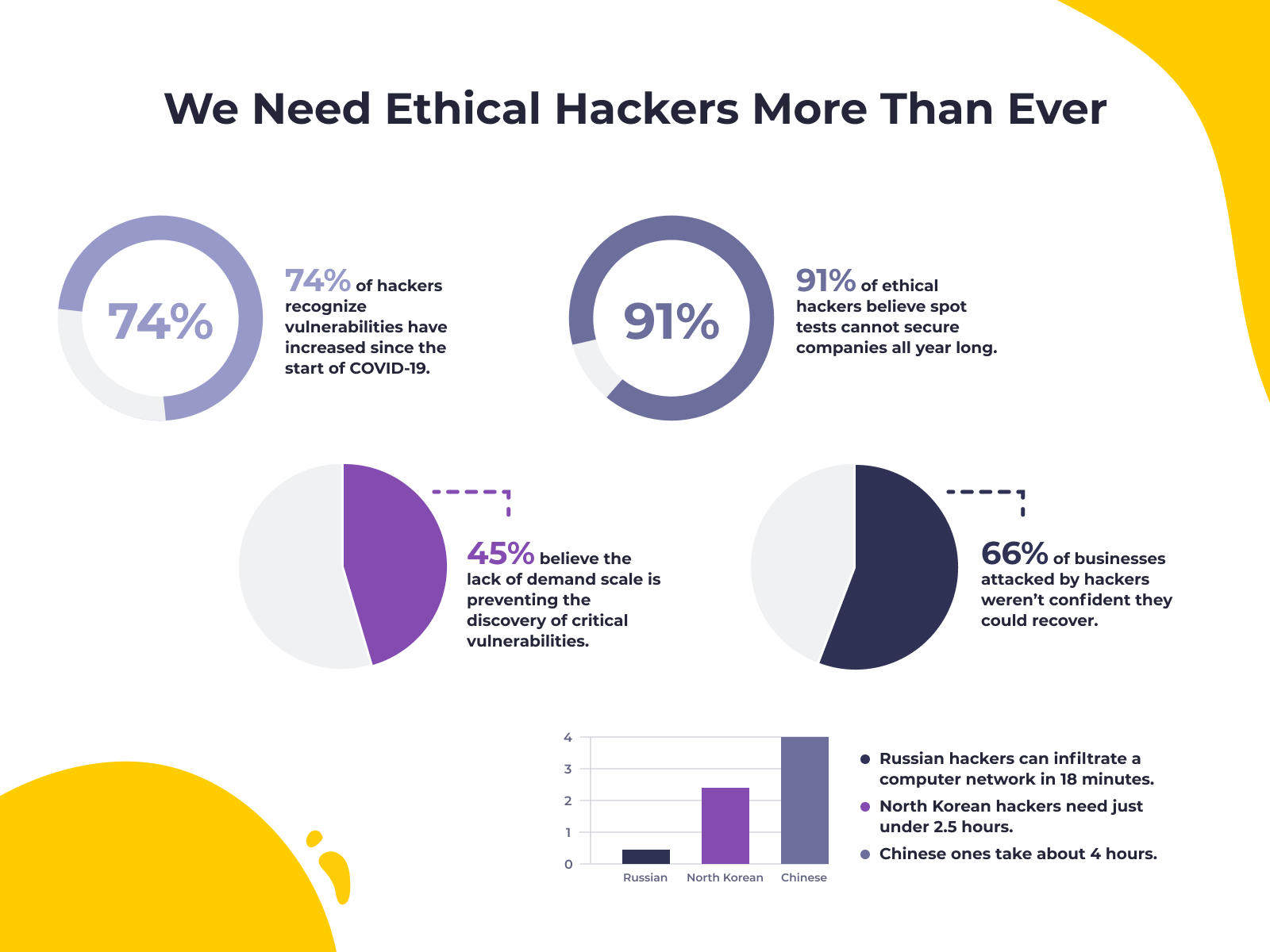
A widespread misconception surrounding ethical hacking is the belief that ethical hackers do not contribute positively to society. This myth diminishes the significant impact ethical hackers have on enhancing cybersecurity and protecting individuals, organizations, and even entire societies from cyber threats.
In reality, ethical hackers play a vital role in safeguarding digital infrastructure, defending against cyber attacks, and promoting a safer online environment for all users. Through their expertise and dedication, ethical hackers identify vulnerabilities in systems, networks, and applications, helping to mitigate potential risks and strengthen security defenses.
Ethical hackers also contribute to cybersecurity education and awareness, sharing their knowledge and insights to empower individuals and organizations to adopt proactive security measures. By raising awareness of emerging threats and best practices, ethical hackers help to cultivate a culture of cybersecurity consciousness and resilience.
Furthermore, ethical hackers often collaborate with government agencies, law enforcement, and cybersecurity firms to combat cybercrime and protect critical infrastructure from malicious actors. Their contributions extend beyond the realm of individual organizations, encompassing broader efforts to safeguard national security and public safety.
By debunking the myth that ethical hackers don't contribute to society, we acknowledge the invaluable role these cybersecurity professionals play in defending against cyber threats and promoting digital resilience. Ethical hackers are indispensable allies in the ongoing battle against cybercrime, and their efforts contribute to a safer, more secure digital landscape for everyone.
Conclusion
In conclusion, debunking the myths surrounding ethical hacking is essential for fostering a deeper understanding of its significance in today's cybersecurity landscape. By challenging common misconceptions, we've shed light on the realities that underpin the world of ethical hacking, highlighting its crucial role in fortifying digital defenses and protecting against cyber threats.
As we continue to navigate an increasingly interconnected digital world, the contributions of ethical hackers remain indispensable in safeguarding our digital infrastructure and promoting a safer online environment for all. It's imperative that we recognize and appreciate the expertise, dedication, and ethical conduct of these cybersecurity professionals.
So, let's remain vigilant, stay informed, and work together to confront the challenges of cybersecurity head-on. Here's to a future where ethical hacking continues to play a pivotal role in securing our digital future.
Until next time, stay safe, and see you in the next adventure!
